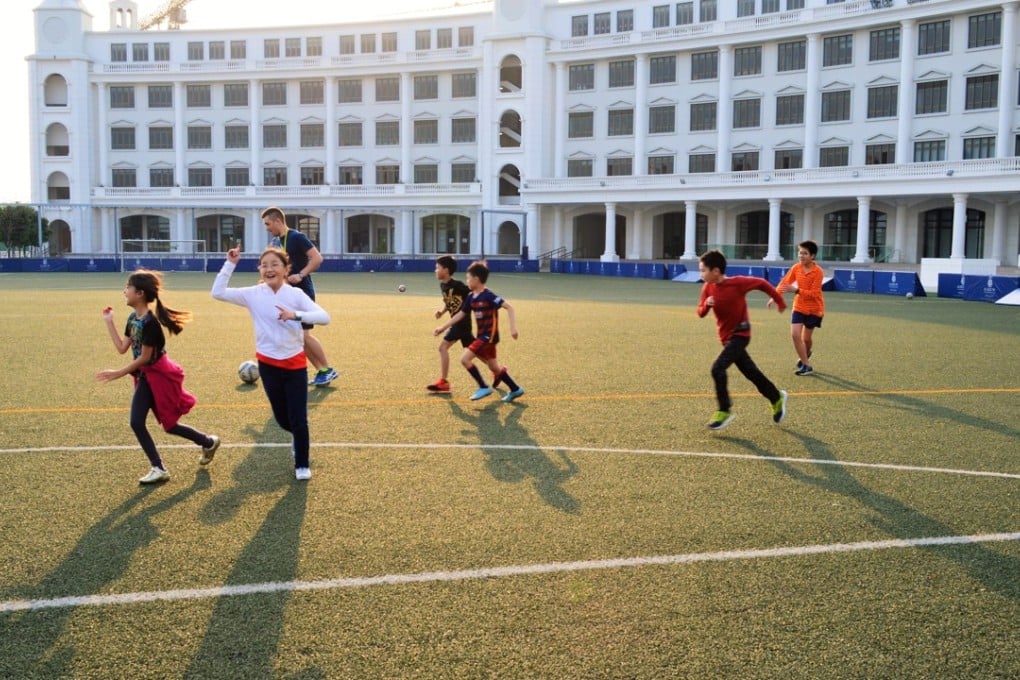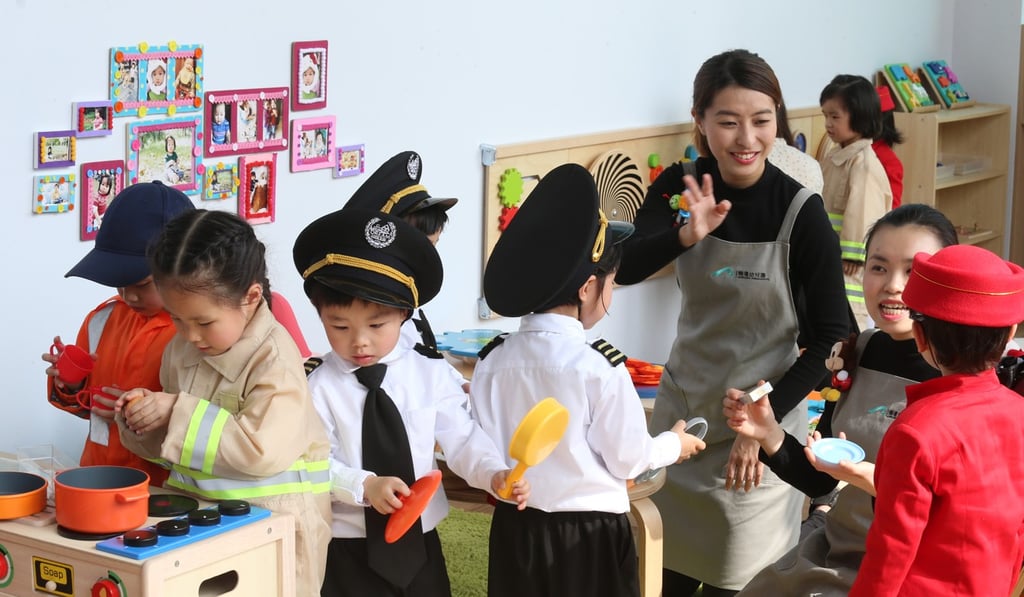International schools in Hong Kong to cost 8.5 per cent more, a family could spend HK$2.7 million – yet it still ranks as only tenth most expensive in world
ExpatFinder survey found mainland China was most expensive, followed by Switzerland, Belgium, Britain and Singapore

Parents paying high prices to educate their children in Hong Kong may be surprised to learn the city only ranks 10th in the world, according to a survey on the cost of international schools.
But the cost of an international school education increased by 8.5 per cent last year and a family would likely spend HK$2.7 million (US$343,969) for their child to complete 12 years at Hong Kong International School – the most expensive international school in this city – the same ExpatFinder.com survey found.
“The main cost is staff. Schools are facing increasing competition to attract the best,” said Ruth Benny, the founder of Hong Kong education consultancy Top Schools.
“All schools increase their fees each year by 5 to 10 per cent.”
The ExpatFinder survey on international school costs in 2018 found that worldwide, they rose by 2 per cent last year from the previous year, and then again by 19 per cent this year.


